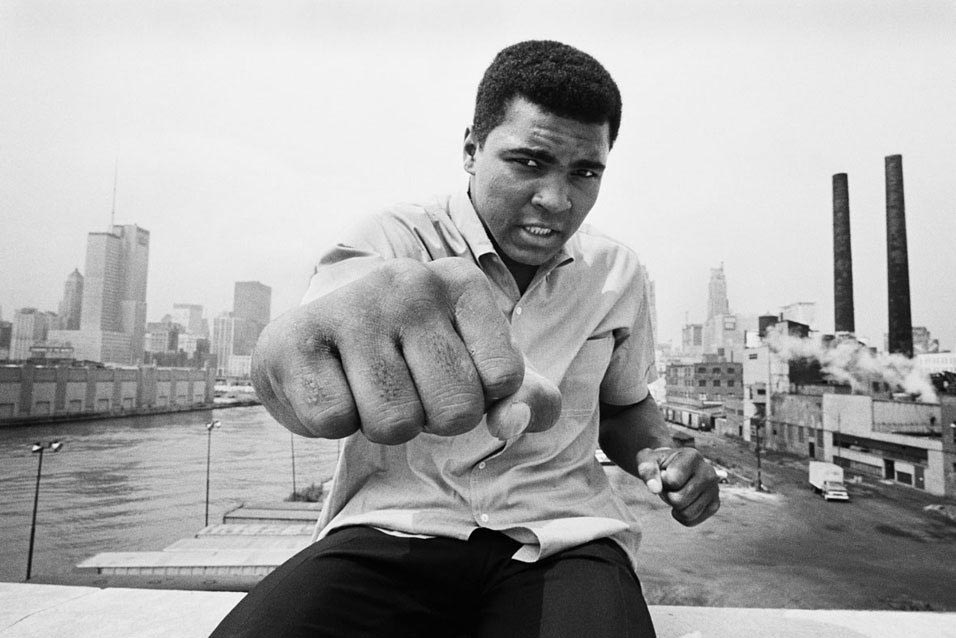
By Charles Freeman |
Professional athletes have always been widely viewed as role models and a source of inspiration for those who aspire to a bright and prosperous future. For children from an economically adverse background, there is something about watching a professional athlete from the same humble beginnings as yourself compete at the highest level of their profession. There is not only a sense of pride but there is also an identification with “making it.” “Making it” meaning, being successful and the dream that it can happen for you in the same way.
Athletes have also been viewed as overpaid, spoiled, inarticulate and not worthy of being a social speaking voice. Despite that sentiment of the latter, technology and increased media exposure have given professional athletes a greater platform to have their opinions heard on any aspect of society and not just restricted to sports. Social media has also allowed these athletes to present themselves to their fans as they see themselves, in a more personable way. Today’s athletes are more apt to have a public opinion social matters.
Taking the wrong stance publicly on either side of an issue could cost a professional athlete millions in endorsements and potential contract earnings. There is a recognized risk for professional athletes taking public stances on social issues. Muhammad Ali is perhaps the pioneer of athletes taking a stance on social issues. In 1966, when Ali refused to be drafted into the United States Military; he shook up the world. A couple years later two Olympians, Tommy Smith and John Carlos made another historic social stance at the 1968 Olympics in Mexico City.
Traditionally, professional athletes have not wanted to publicly address the issues of society. Instead, they have preferred to focus on building successful careers and brands for themselves. At the same time, professional athletes throughout the years have been able to take social stances when they felt the lines of human rights and civility had been crossed. As athletes become more socially conscious it is only natural that their fans will also become more socially conscious. Fans emulate the pros, they do what their role models do. By these standards athletes will become more vocal on social issues, thus giving rise to the social evolution of athletes. No longer will this be a foreign area for athletes; the new normal for athletes is to be socially aware in a public manner. This trend will continue to grow and as it becomes the norm, the limitations and restrictions of athletes taking social stances publicly will begin to lessen. I must say, the new Nike campaign featuring Colin Kaepernick and Serena Williams is a prime example of the social evolution of athletes.
Charles Freeman is a Senior Counselor (Supervisor) at the Academy Schools (Pa.). Freeman holds a bachelor of science degree in Multi/Interdisciplinary Studies from Liberty University. Freeman also holds a master’s degree in Sports Administration from Belhaven University. He is a former track & field champion in the state of Mississippi, and former Alcorn State football signee. Freeman continues to work as a mentor for underprivileged and at-risk young men.